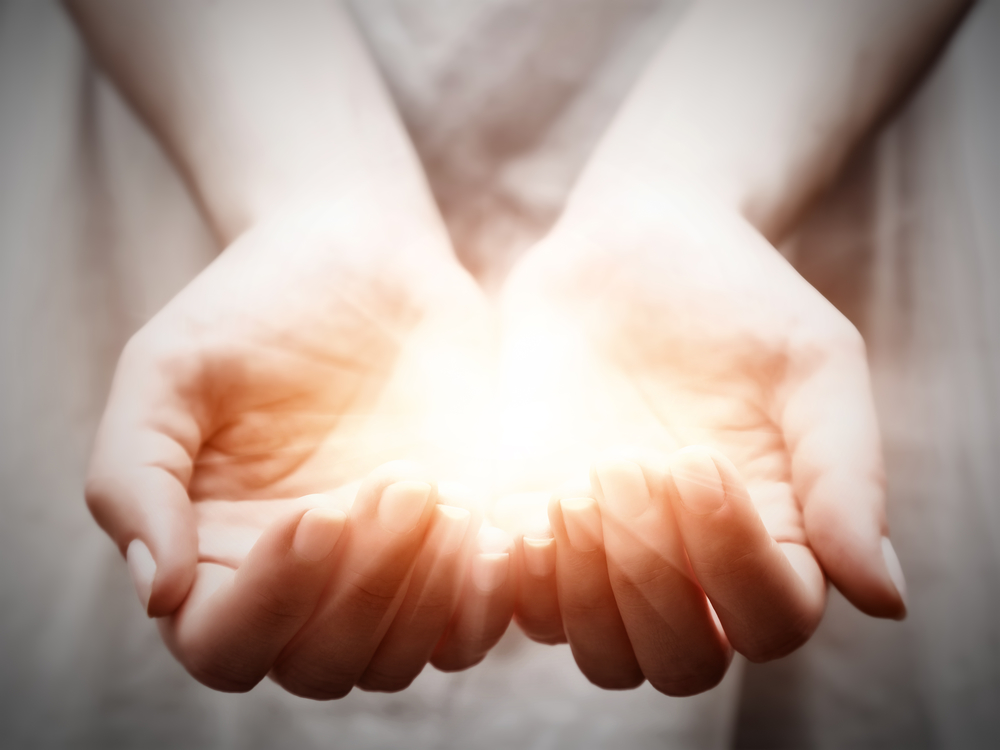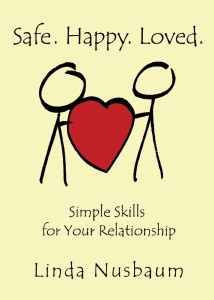I think all of us have some sort of expectation when we do something nice for another. I think it’s pretty human for us to expect to feel something good when someone receives what we have given them. But I had an insight recently that challenged that notion.
I was thinking about a couple of times when I made an effort to be gracious to another, yet after the exchange I felt empty. I realized that I was waiting for a great response and since I didn’t get it, the experience was lacking. That’s when the insight kicked in. And I thought, the giving is the gift.
We Often Give with Expectations…

How many times are we waiting for a response when we do something for another? I know couples that engage in this behavior all the time and they suffer. One might make the dinner and wait for the other to praise them for doing so. In another case, a partner might wash another’s car and wait for acknowledgment.
We as humans often feel unappreciated. I also hear this in the counseling work I do with couples. One person will usually be the one who does a lot for the other. They do countless small things so they can feel like a good mate. But it’s rare in a relationship where the person who does a lot for the other doesn’t want something in return. It could be small, like a thank you, but it has to be something.
When Our Expectations Aren’t Met, We Feel Unsatisfied

I thought about this recently after taking a Yoga class. It has been many years since I have taken a class and I decided to try one. It was hard for me, but I felt that the teacher was proficient and knew her stuff. I knew I would not be coming back, but I still wanted to acknowledge her. So, after class I approached her and said, “Thank you.” She just looked at me, or rather she looked through me and replied, “You’re welcome.”
As I write this exchange I know her response is enough. But when I was in the moment it felt like it wasn’t enough. I expected something more. I didn’t even know I needed something until I experienced how empty I felt with just a “You’re welcome.”
So, what can I learn from this exchange? I can see that I was not present with what I was giving. Granted saying thanks could be considered a small thing, but for me it meant a whole lot more. It meant that I was appreciating her years of practice and her ability to be such a proficient teacher. I wanted to acknowledge her professionalism. But I didn’t say any of that. I just said thank you. Had I said more, maybe we could have had a real exchange, and that was what I was really after.
Giving without Expectation Sets You Free

I now know to try and understand my own motives when I do something for another. And if I can remember that the gift is in the giving, no matter what the giving is. The gift to us as givers is the act of doing something for another or saying something to them. There is no getting anything implied. There is no guarantee that something will come back because you do something. Think about the act as a reflection of your love.
Give because it feels good to give. Free yourself of expecting something in return. Try and remember that whatever comes back, might be seen as a gift just for you.
Want to Feel Less Frustrated and Disappointed?
Read a Book About Relationships
Get a helping hand with communicating and understanding the expectations in your relationship, by reading Linda’s book Safe. Happy. Loved. Simple Skills for Your Relationship. It just might help your partner get a better feel for why you do what you do, and what you each hope to get out of your relationship. Give it a read.
Get Couples Counseling
Come in for couples counseling. Couples counseling can help you and your loved one get the most out of your relationship. It'll equip you with coping strategies and tools for communication that can help you argue less and love more.


